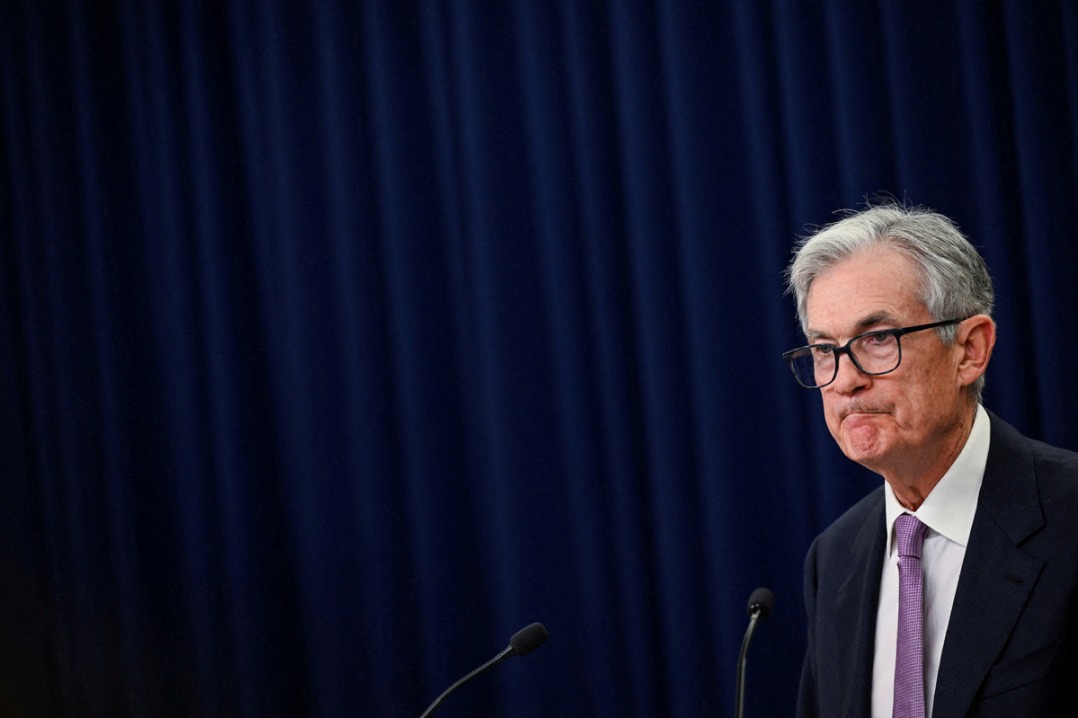Model offered for developing nations


China, the birthplace of one of the earliest civilizations, has made an impact across the globe, including the coast of Kenya, for centuries. The People's Republic of China was among the first countries to forge diplomatic relations with Kenya soon after its independence from British rule in 1963.
Over the centuries, even as China made historic achievements in the fields of culture, literature, science and philosophy, the glorious phases of development were interrupted by invasions of foreign forces.
Finally, in 1949, after decades of struggles, conflicts and wars, the PRC, under the leadership of the Communist Party of China, was founded.
The strategy of social and national liberation developed by the CPC more than seven decades ago has inspired and is still inspiring the many movements promoting social progress, such as anti-feudal and anti-apartheid struggles, in Africa and in the rest of the world. In fact, some decades ago, China provided moral and material support for the national liberation movements that freed African countries from European colonialism and apartheid.
The founding of the PRC showed the exploited and oppressed of the world — particularly countries emerging from colonialism — that true freedom and liberation could be brought about through the socialist path of development. China has proved this through its rapid social, cultural and economic development, which continues today.
Before the founding of the PRC, the country suffered from hunger, poverty and underdevelopment. The socialist revolution that founded the PRC was the basis of the policies, strategies and ideology that transformed China into a major political, economic, industrial, military, scientific and technological power that has made positive impacts not only on the lives of the Chinese people, but also on the world at large, particularly emerging and developing nations.
For example, 50 years ago, China funded and helped build the Tazara railway that spans over 1,800 kilometers from Tanzania to Zambia. This railway line served many purposes, ensuring that Zambia, a landlocked country, could access the sea by bypassing the dependence on and blockade by some countries and Portuguese colonies at that time.
Today, large infrastructure projects including roads, railway networks, harbors, bridges and housing are found all over the less developed countries, thanks to the development partnership with China.
Unlike the aid from Western countries, the economic partnership between China and other developing nations does not involve imposition of political and ideological conditionalities.
China's founding leaders expounded the ideology and theory of Marxism by emphasizing the fact that Marxism is not a dogma but a guide to action; that through the example of China we learn that the path of development of socialism depends on the unique material and historical conditions of each country.
As evident from its social and development policies, the country is committed to the freedom and liberation of the Chinese people by improving the welfare of the farmers and workers.
At the international level, as shown by the position it takes at the United Nations on the various issues affecting the world today, China is always with progressive forces and nations that advocate a just, peaceful and secure world order. It is the voice of emerging nations and against colonialism and neocolonialism. It is among the leading countries of BRICS that seek to pursue a more just and equitable international economic and financial order.
While some Western countries are increasingly worried about China's growing development and positive influence in the world, and try to sabotage it by all means, the country is not distracted but remains focused on the road toward enhancing the development of the people of China, humanity and world civilization.
The author is secretary-general of the Communist Party of Kenya.
The views do not necessarily reflect those of China Daily.


































